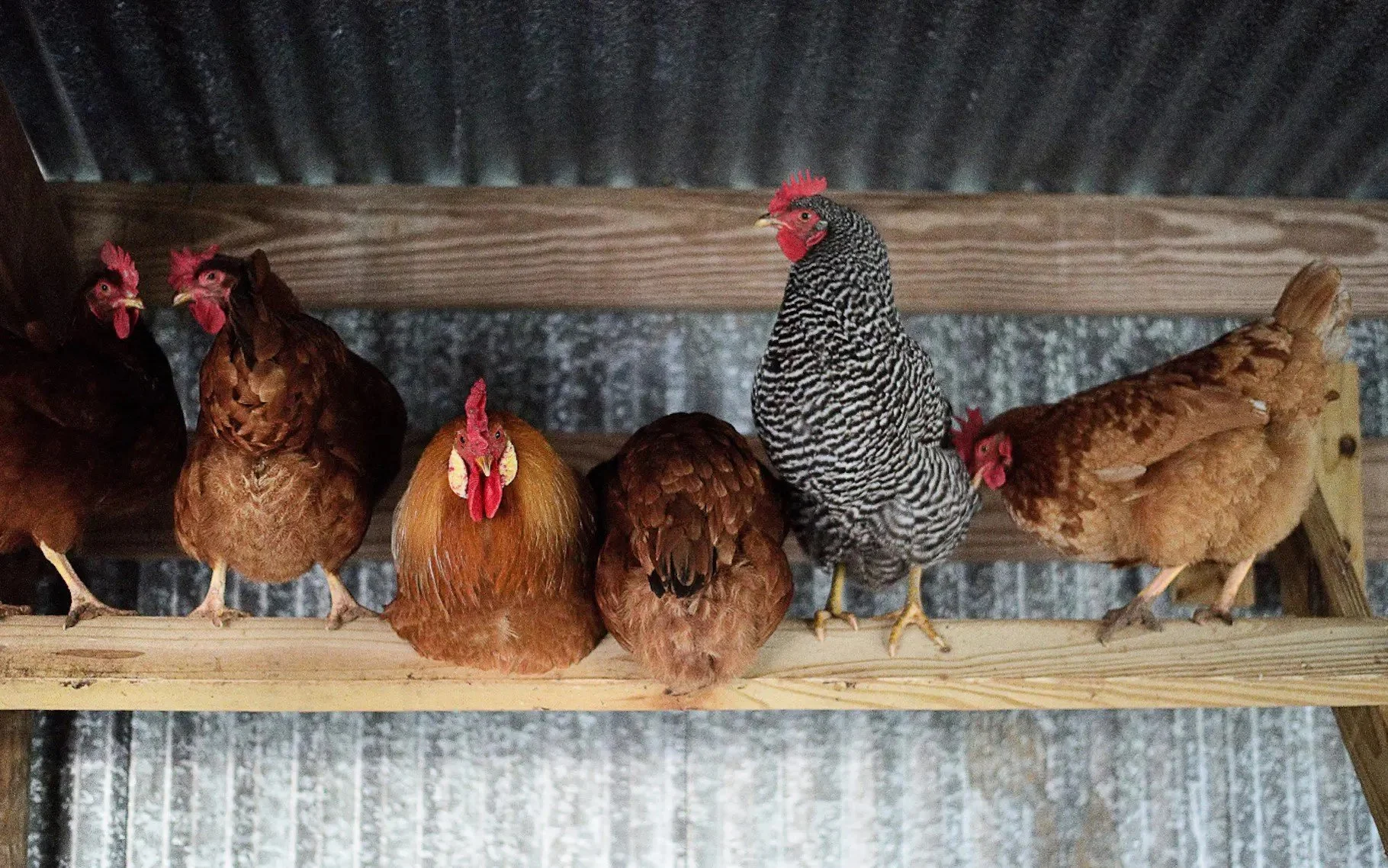
Nonhuman Animals
99% of Farmed Animals Live on Factory Farms
About 70 billion land animals and between 78 to 171 billion farmed fishes are slaughtered every year for human consumption.
In the U.S., approximately 99% of farmed animals live on factory farms.
Currently, wild birds and mammals make up only a few percent of the total biomass of birds an mammals on the planet, leaving the highest proportion of non-human sentient beings live in factory farms.
The documentary Dominion examines modern factory farming practices.
Farmed Animals Have Emotions and Intelligence
Life for animals in factory farms is characterized by intense suffering.
Mother pigs are forcibly impregnated and are kept in gestation crates so small they cannot move or turn around, and transferred to similarly tight farrowing crates after giving birth.
Pigs have been observed to go mad in such circumstances, bashing their heads into the crates or biting at the bars until their gums bleed.
Because of the intensive confinement both pigs and chickens will mutilate each other, so chickens are de-beaked (even in free-range situations) and pigs have their teeth pulled out and tails cut off shortly after birth without any anesthesia.
Male pigs have testicles remove without painkillers as well.
Because male chicks are not useful in egg laying farms, they are killed shortly after birth through maceration or suffocation.
Female dairy cows are repeatedly impregnated, and their babies are taken from them hours to days after birth so humans can harvest their mil. Both mother and baby cows call and search for each other for days after separation.
Animals Suffer on Factory Farms
With respect to treatment of animals, philosopher Jeremy Bentham famously said:
“The question is not, Can they reason? nor Can they talk? but, Can they suffer?”
Pigs are highly intelligent and emotional creatures, with the ability to comprehend symbolic language and to problem solve, they have the capacity for perspective taking, they form strong social bonds, and they are capable of “emotional contagion” (a form of empathy). They also enjoy belly rubs, just as dogs do.
Chickens have been found to have sophisticated communication skills, can take into consideration their past experiences when problem-solving, and empathize with others. Mother hens can take the perspective of their chicks when they are distressed, and call to them.
Cows are social creatures that form friendships with one another, and cows maintain bonds with their calves even after another calf is born.


